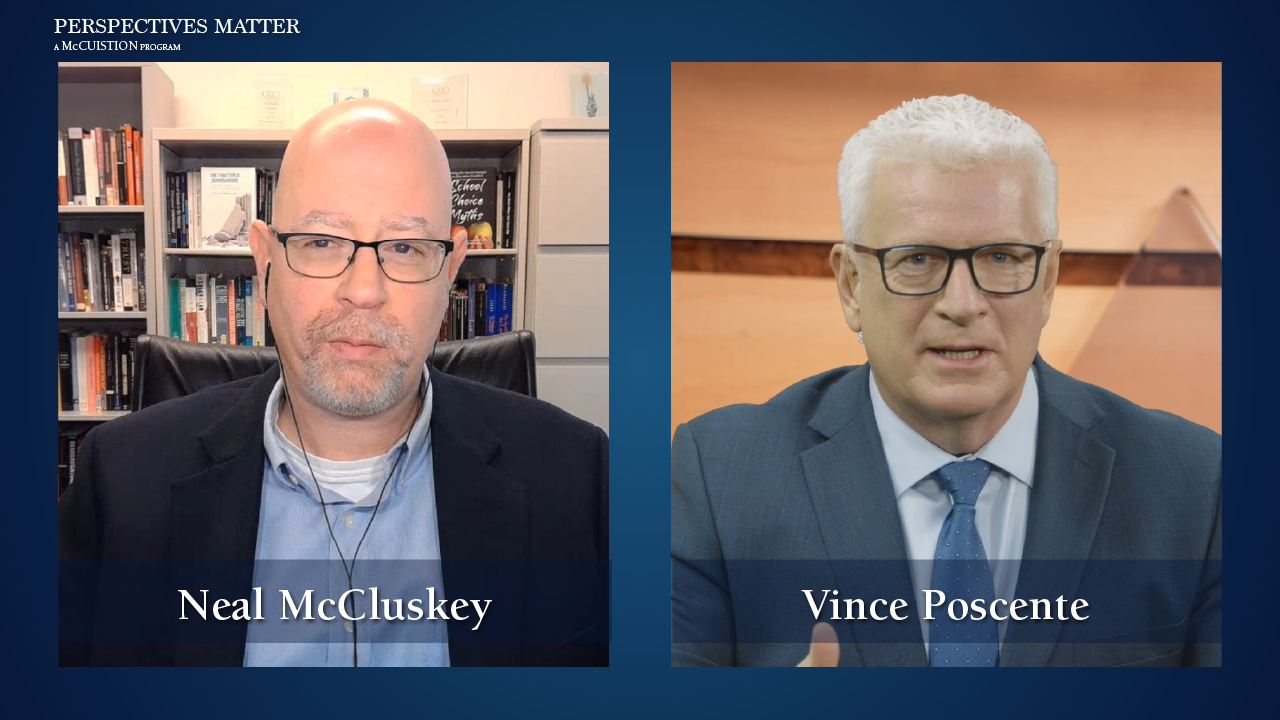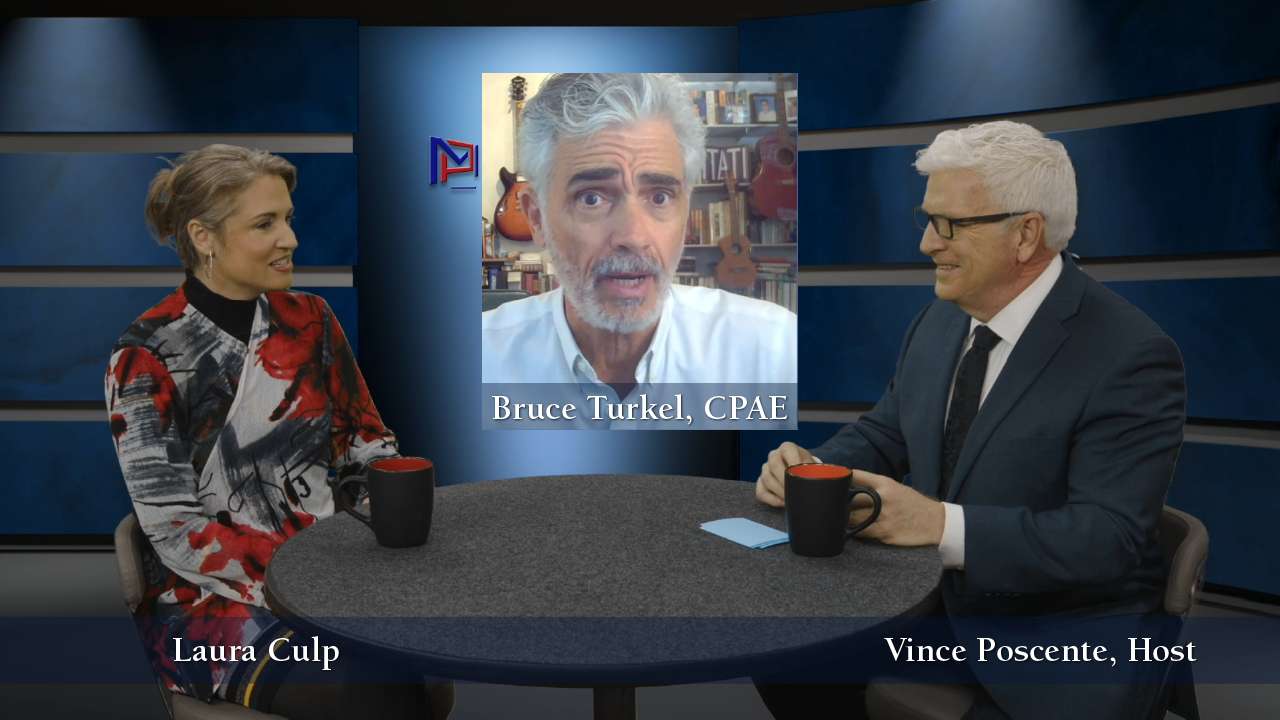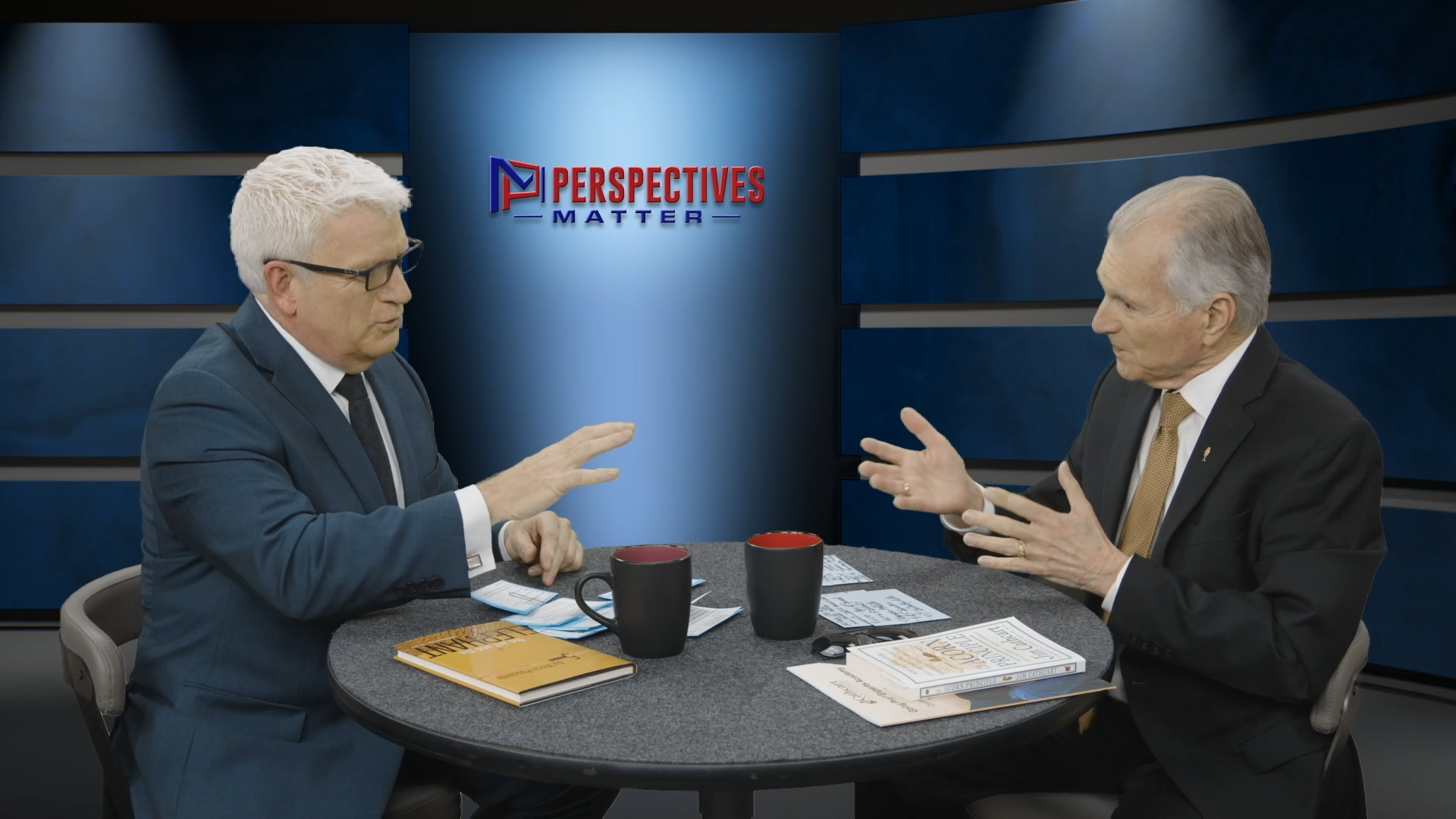17% of our GDP is spent on health care, thus health care has gone from being a personal issue to a public policy debate. In this 20 year retrospective on this issue we feature various perspectives: liberal, conservative and libertarian.
Dr. Ed Annis on the Health Care Debate
In 1994 Dr. Ed Annis the author of Code Blue joined us with his views. Dr. Ed Annis had rebutted President John Kennedy on his platform on health care.
We asked him, “How did the national health care debate come about?”
Dr. Ed Annis responded, “Well there were philosophical flaws, politicians were biased and the media was belligerent… The problem is government not health care.” He addressed Medicare by saying, “People should be allowed to provide for themselves if they can.” Dr. Ed Annis stated that just because one has a birthday of 65 does not mean one is entitled. He then addressed permeation and gradualism.
Max Sawicky on Health Care as a National System
Dennis quoted Arthur Schlesinger, from The Partisan Review of 1947, on the transition to socialism. And we made the transition to Max Sawicky of the Economic Policy Institute who joined us in 1999. Max said, “I would move health care into a national system.” Max believes we can’t afford anything else. “If health care is made on the basis of profit- everyone is priced according to their worth.”
Dr. John Goodman on the “Bureaucratic Health Care System”
Dr. John Goodman, the father of medical savings accounts, joins us in 2010, and has this to say:
“We have a bureaucratic, dysfunctional health care system with perverse incentives… In 1993 Hilary Clinton, wanted to nationalize health care. She failed. Look at the “S Chip” program for children that ration health care, and the difficulty seeing doctors. Expenditures for health care have gone up from $500 billion in 1990 to $2 trillion today.”
Impact of Drugs on Society
From health care we go to drugs and their impact on society and our system overall. Jacob Sullum, Senior Editor of Reason Magazine, joins us in 2007 and comments on the direct correlation between prohibition and drugs. We hear from several voices on various sides of this issue. Philip Jordan, former director of the El Paso International Center, seemed to find a similarity between prohibition and drugs, even though the drug enforcement code Dennis reads says differently. Rusty White, a former prison guard says, “In a controlled environment like a prison, drugs still get in.”
From drug use to new cures and behaviors we visit with Dr. Kevin Gilliland, CEO of Innovations 360. “Drugs,” he says, “wreck a person’s self image. They rob you of your sense of self. Addiction is not a moral failing.”
On that same program in 2009, Christopher Kennedy Lawford joins us with his story of the genetic disease within his family, how as an adolescent he lived through the assassinations of two uncles, and he comments on the conditions within his family and how this led to a very troubled youth. He comments, “traumatized and troubled youth, sometimes turn to drugs or alcohol”. He says, “Drugs and alcohol gave me a way out. They saved my life.” Christopher Lawford Kennedy is now an activist, educating others on alcohol and drug abuse.
Health and Wellness
From drugs and dependence we go to health and wellness, with a look at a revolutionary new care, Hyperbaric Oxygen Treatment. Alene Creacy and her husband Bill join us with their story and the importance of this treatment. Claudine, a Canadian mother, talks about the process and how it has helped her sons, born with cerebral palsy. Claudine actually demonstrates the chamber and how the oxygen helps.
In terms of wellness, Dr. T. Colin Campbell joins us in 2009 to talk about good eating habits. Dr. T. Colin Campbell, author of The China Study, the most comprehensive nutritional study ever conducted, became a vegetarian as a result of his research. He shakes his head at the hosts’ eating habits and says, “no to sugar, no to burritos, but salsa isn’t bad. And chocolate, well, that’s a plant based food!”
***
#1819 – 04.08.10




